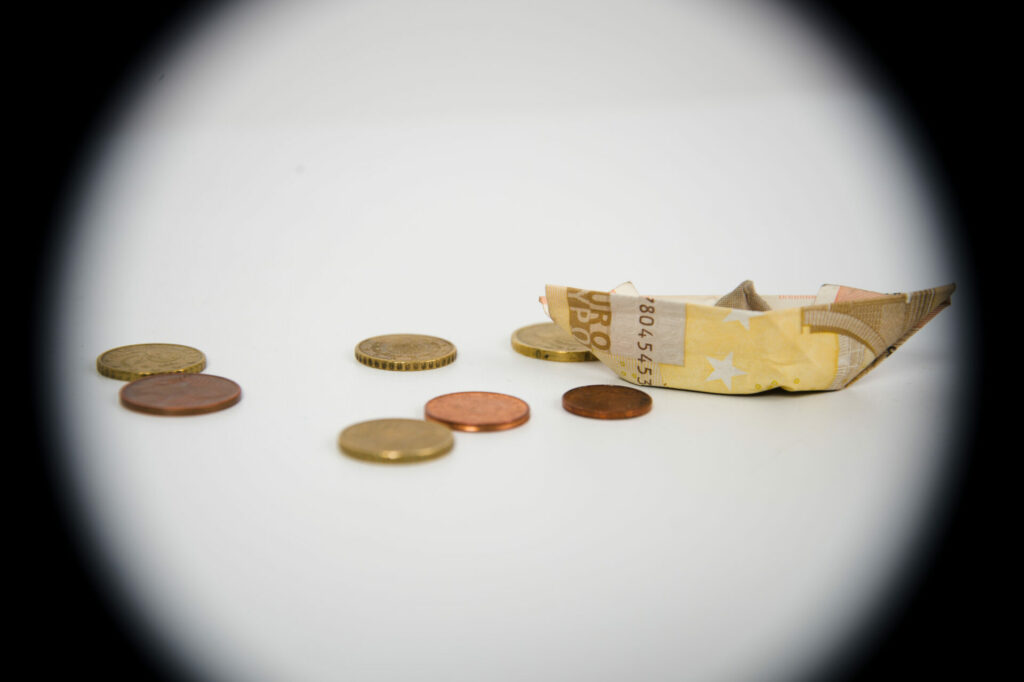On Friday, the Federal Planning Bureau released the latest findings of their economic projections for the 2022-2027 period, following a year defined by economic insecurity.
How does it look for Belgian families? For companies? Are public wages likely to rise? What about inflation? The Brussels Times provides you with an overview of the Bureau's recent figures.
What can households expect?
According to the Bureau, household consumption has continued to improve, but on a smaller scale, with a 3.7% increase in 2022, compared to 6.4% in 2021.
However, despite various support measures taken by the government, households' real disposable income has only increased by 0.5%.
On the brighter side, this is set to rise by 2% from 2023 onwards, before falling in line with the average 1.4% growth of disposable income between 2024 and 2027. Meanwhile, real personal disposable income will benefit from the delayed effects of salary and social benefit indexation, rising by 2.4% rise in 2023.
What about businesses?
In 2022, corporate investments are expected to see a slight decrease of 0.4%, after having increased by 8% in 2021.
Companies are also expected to create 67,000 jobs this year, 19,000 less than in 2021. With the number being expected to fall to 22,000 in 2023.
Related News
- Lower VAT, more austerity? Belgian ministers to discuss solutions to cost of living crisis
- Key interest rates set to increase for first time since 2011
- Annual Eurozone inflation climbs again to 8.1%
Over the next three years, 37,000 new jobs should be produced on average every year, with the employment rate expected to reach 73.5% by 2027, short of the government's target of 80%.
Overall, GDP is predicted to rise by 2.6% this year, down from 6.2% last year.
Long-term debt
Public deficit fell to 5.5% of GDP in 2021 as the economy recovered following the pandemic, but it is expected to fall to 4.7% of GDP in 2022.
Assuming government policy remains unaltered, the Bureau expects it to remain close to 5% of GDP over the next five years.
Inflation, inflation, inflation…
In May 2022, Belgian consumer prices were close to 9% in May 2022, as a result of the financial fallout from the war in Ukraine. However, the Bureau believes that energy prices have peaked and should slowly start to decline from mid-2022.
Annual inflation is predicted to hit 8.1% in 2022, then dip to 3.5% in 2023 before decelerating further from 1.8% in 2024 to 1.6% in 2027.

